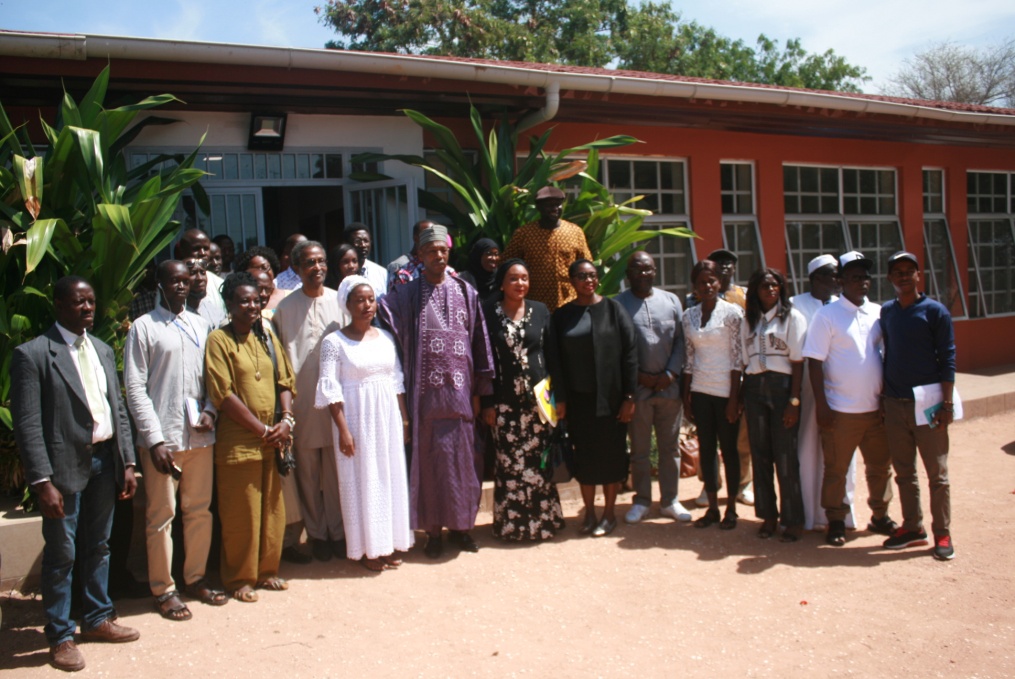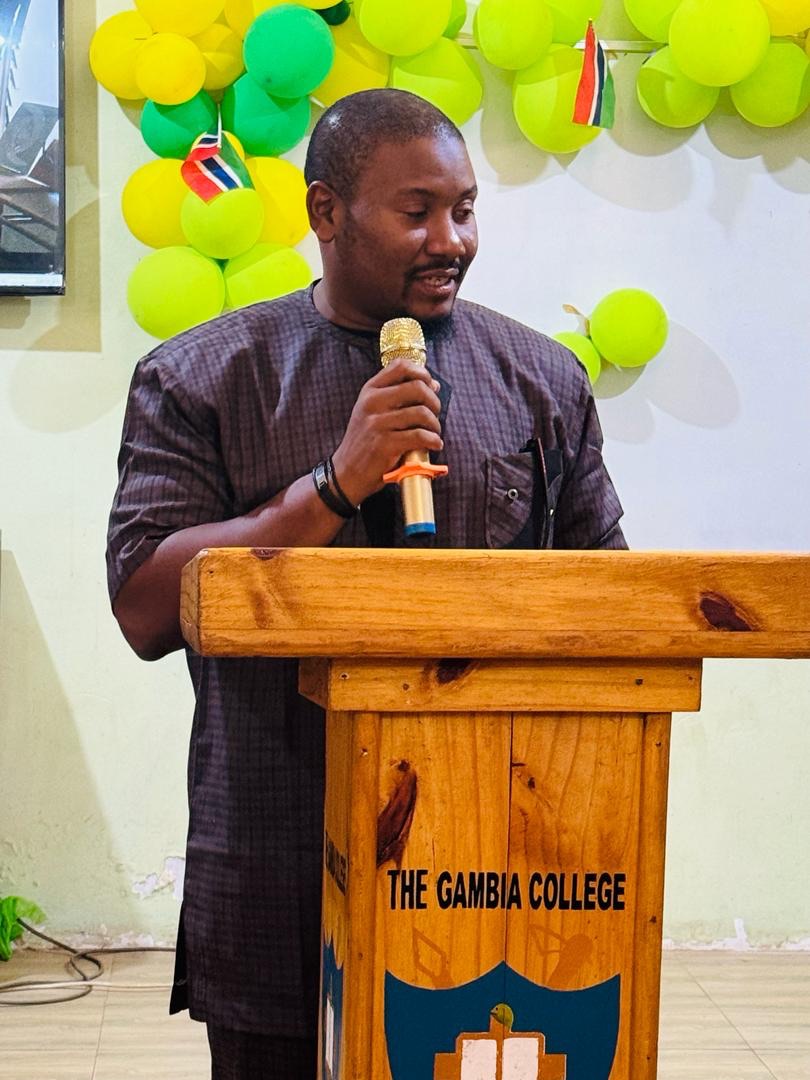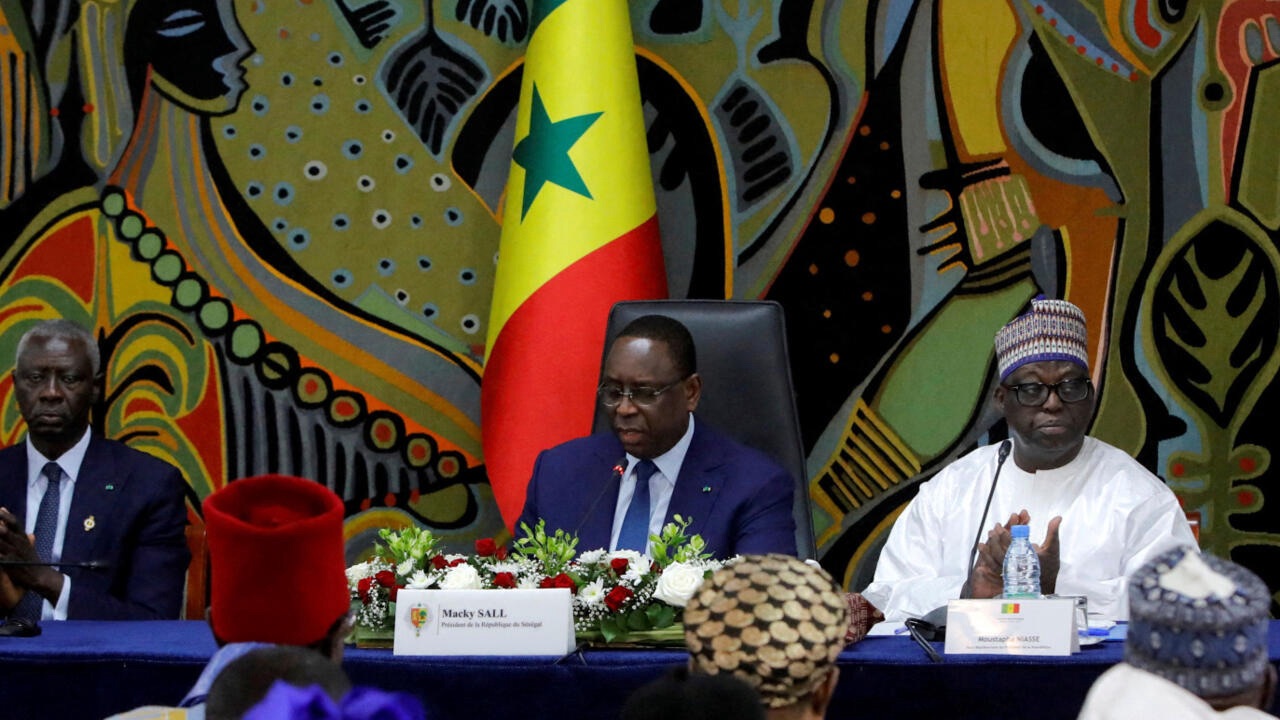By Yunus S Saliu
With an estimated global worth of 4.3 trillion USD per year, The Minister of Tourism and Culture has affirmed that the culture sector now accounts for 6.1% of the global economy, this, “they generate annual revenues of US$2,250 billion and nearly 30 million jobs worldwide, employing more people aged 15 to 29 than any other sector.”
Minister Hamat NK Bah addressing the gathering at the opening ceremony of the four-day stakeholder workshop on The Gambia Quadrennial Periodic Reporting of the UNESCO 2005 Convention on the Promotion and Protection of the Diversity of Cultural Expressions, organized by the National Center for Arts and Culture and sponsored by UNESCO, said the cultural and creative industries have become essential for inclusive economic growth, reducing inequalities and achieving the goals set out in the 2030 Sustainable Development Agenda.
According to the UNESCO, He said “The adoption of the 2005 Convention for the Protection and Promotion of the Diversity of Cultural Expressions was a milestone in international cultural policy.
Through this historic agreement, the global community formally recognized the dual nature, both cultural and economic, of contemporary cultural expressions produced by artists and cultural professionals. Shaping the design and implementation of policies and measures that support the creation, production, distribution of and access to cultural goods and services, the 2005 Convention is at the heart of the creative economy.”
In 2013, he disclosed, The Gambia ratified the Convention but due to the availing political climate which was averse to words like ‘diversity’ or ‘freedom of expression,’ not attempt was made to file the mandatory reports.
The Minister assured the artists of his ministry and NCAC hard work to help them realize their aims in having a working copyright regime “with royalties and also to build capacity of artists in the various sectors.” He went further informed them that the government appreciated the role of artists in national development while the government will continue working towards empowerment tools like the culture and to help promote and fund artistic programmes in the country.
Minister Bah thanked the UNESCO for being the most important partner in culture and the arts and as well thanked UNESCO-Natcom as they always respond to their calls for support.
Khadiatou L A Camara of UNESCO stated that over the past two decades, the cultural and creative industries have evolved dramatically. This, she said, is particularly the case in developing countries, where there is a deep reliance on informal cultural systems, processes and institutions that may leave many artists and cultural professionals beyond the reach of governance, regulation and investment opportunities.
She went further to gave a deep background of the 2005 Convention while she described it as a legally-binding international agreement establishes the right to adopt policies and measures to support the emergence of dynamic and strong cultural and creative industries.
Among other things she stated that the Convention defines a roadmap for action that requires government and non-governmental actors to work together to achieve four main goals.
Madam Camara applauded the good collaboration between their regional office and the National Center for Arts and Culture with whom they are traditionally bound in activities related to heritage management, safeguarding living heritage.




